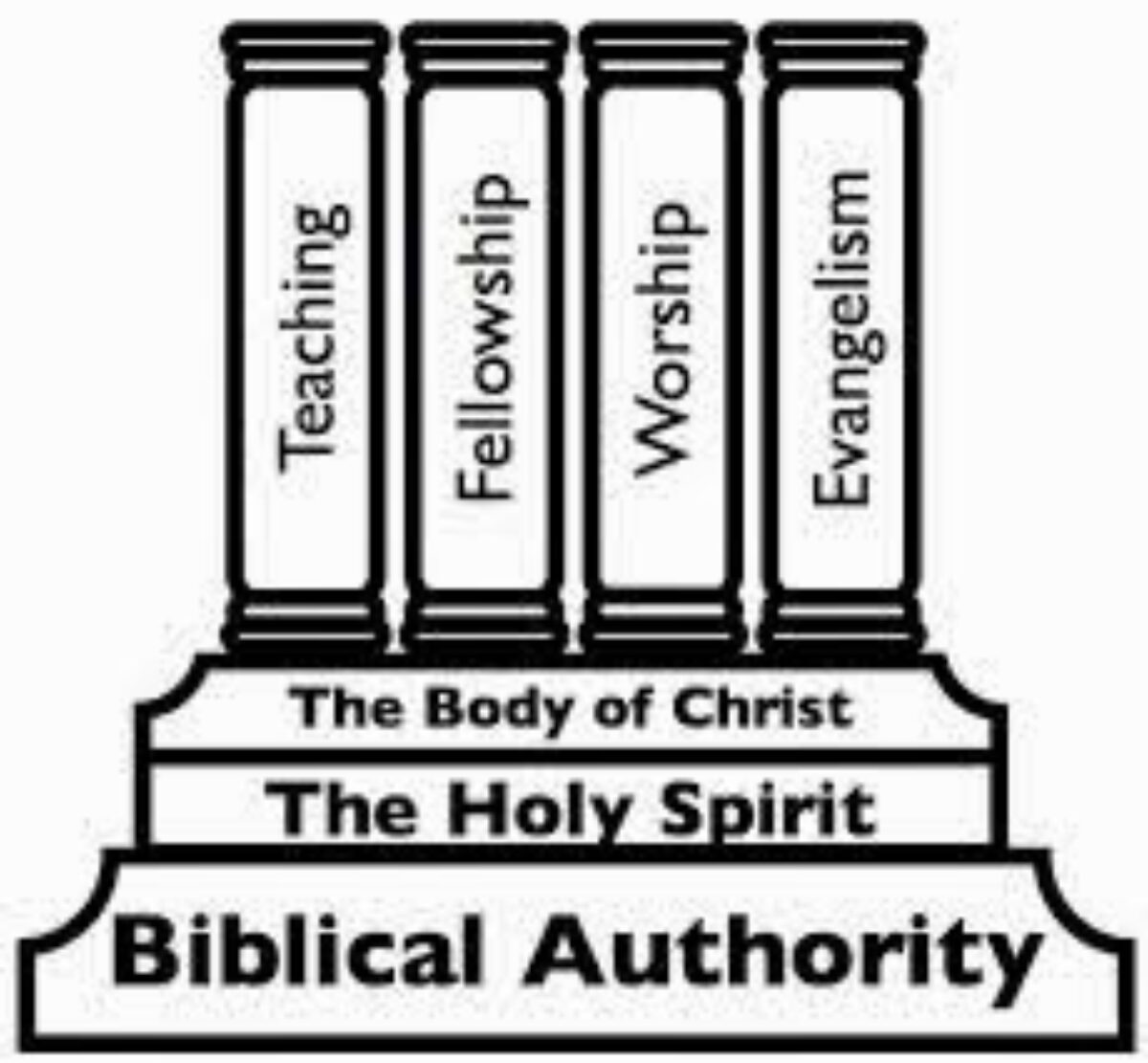The unchanging nature of God has been one of the most debated topics in various religious philosophical and scientific realms. Attributed to God are several characteristics that make sense of HIS existence, and one such attribute is that of being truthful.
According to most religious traditions, God cannot lie; religious scholars have discussed this idea for centuries. This article aims to elucidate the theological reasoning behind the claim that God cannot lie, and its implications for religious practice and theological reflection.
The scriptures from different religious traditions, speak of God’s nature and character. The Bible, for example, says that God is Holy, just, and good. These attributes imply that God is intrinsically honest and truthful. With God being the ultimate source of truth, we can trust and rely on HIM fully.
Another important attribute is God’s immutability, which means that God cannot change. According to the Bible, “God is not a human, that HE should lie, not a human being, that HE should change HIS mind.” (Numbers 23:19) This biblical passage indicates that God is always consistent, and HIS Word is unchanging.
The belief that God cannot lie has some significant implications for how people live and practice their religion. People can have absolute trust in God’s promises and HIS Word, and seek HIS will without doubt or fear. As individuals we can build a closer relationship with God, trusting that HE always has our best interests in mind.
The idea that God cannot lie raises important questions for theological reflection. If God can truly never fail to be truthful, what does it mean for the moral principles we live by? Such questions require further theological investigation and debate.
In truth, the idea that God cannot lie is a central tenet of many religious traditions, rooted in the belief that God is the ultimate source of truth. This belief has important implications for how we live out our faith, and should continue to be a focus of theological reflection and investigation.
The Word of God is truth and therefore an objective reality that accurately corresponds with what is real or what exists. It is the quality or state of being in accordance with fact or reality. Truth is not subjective or arbitrary but is based on evidence, logic, and reason. Truth is a universal principle that is essential for establishing trust and reliability in communication, relationships, and society. Truth is discovered and understood through inquiry, investigation, and analysis of evidence and can be expressed through various means such as language, symbols, and art.
Numbers 23:19
New International Version
19 “God is not human, that he should lie, not a human being, that he should change his mind.
Does he speak and then not act? Does he promise and not fulfill?”
Numbers 23:19
King James Version
19 “God is not a man, that he should lie; neither the son of man, that he should repent: hath he said, and shall he not do it? or hath he spoken, and shall he not make it good?”
Numbers 23:19-24
Living Bible
18-24 “And he replied,
Rise up, Balak, and hear: Listen to me, you son of Zippor. God is not a man, that he should lie; He doesn’t change his mind like humans do. Has he ever promised, Without doing what he said? Look! I have received a command to bless them, For God has blessed them, And I cannot reverse it! He has not seen sin in Jacob. He will not trouble Israel! Jehovah their God is with them.
He is their king! God has brought them out of Egypt. Israel has the strength of a wild ox. No curse can be placed on Jacob, And no magic shall be done against him. For now it shall be said of Israel, ‘What wonders God has done for them!’
These people rise up as a lion; They shall not lie down Until they have eaten what they capture And have drunk the blood of the slain!”


